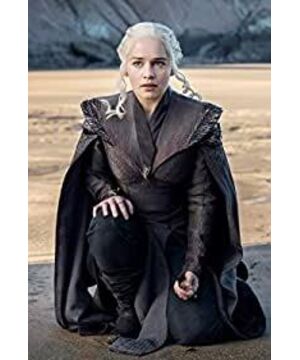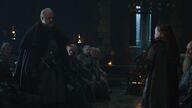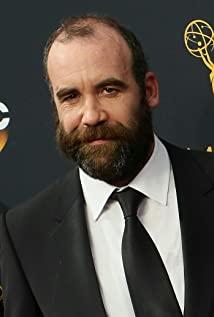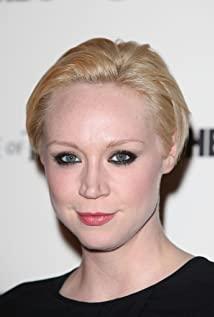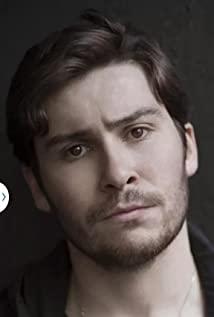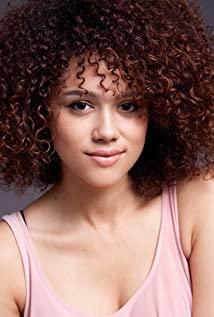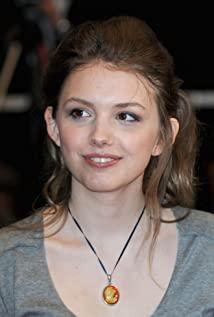Okay, I'm going to use "Game of Thrones" as an introduction to write about the real feminism in my mind. The last one was about Brienne, representing the "if I were a man" paranoia in our hearts.
That little rose, Margaery Tyrell, may represent a powerful woman who has truly been transformed into a male mind in her heart. The old rose queen of thorns also belongs to this category, but she is more like a powerful woman of the "Mother Earth" type.
In the traditional sense, gender labels are generally more rational for men and more emotional for women. Little Rose has always been a very rational and shrewd female representative in the limited time she has played.
When she married Renly, she poised herself with the gay king Renly as the loving and lucky queen. According to the setting that she was a virgin when she married Tommen, and that Renly's homosexual was obviously Margaery's brother Loras, the Knight of the Hundred Flowers, it was inferred that Margaery could not be unaware of her first A marriage belongs to a very tragic "same wife" status, and even later, she passed it on to Joffrey and then to Tommen. Every husband, either homosexual, abusive, or a weak child, is not a good person, but Margery's outward expression is to calmly accept this kind of political marriage, which is repeatedly used by the family as a tool of alliance.
Obviously, she is also a noble girl, she does not have the vision of Sansa who worships the perfect love between the princess and the knight in the ballad. The beautiful and sweet little rose Margaery is sober and rational from beginning to end, just like all powerful male leaders. In the same way, she has the unfortunate love of a powerful king in the court dramas we know well.
The target is the marriage story of Robb, the young wolf master. He chose for the love of a beautiful girl, in adversity (learning that Bran and Rickon's two younger brothers were murdered, and that Winterfell was occupied by his former good brother Theon). After breaking the marriage contract with the Frey family and choosing Jenny, a girl from a small aristocratic family, the result is that he and the group he led died tragically at the red wedding, and the North was completely defeated.
Therefore, many girls like Little Rose, because she represents a strong and cold-blooded male thinking like a man, and the target Robb may be the "benevolence of women" in the traditional sense.
The question is, are men of steel a good human being? Is the end of feminism a direct blackening of unsuspecting sensibility into ruthless rationality?
Compared to the powerful and clever little rose, I even began to understand the beauty of Sansa.
Because the end of feminism is equality first. What kind of people we want to be may not necessarily have to be proofed by men for us.
Why can't we transcend their cold-blooded and rationality and become a better "person" who is both naive and wise, strong and gentle?
Therefore, I don't think Little Rose represents the end of feminism. She is nothing more than a process. She is not much nobler than the weak Sansa, because Sansa will speak up for the weak clown knight, even under the conditions that she can't protect herself. She will also kindly warn the old and young roses not to marry Joffrey, even if Joffrey chooses Margery, it means his own liberation.
View more about Dragonstone reviews


